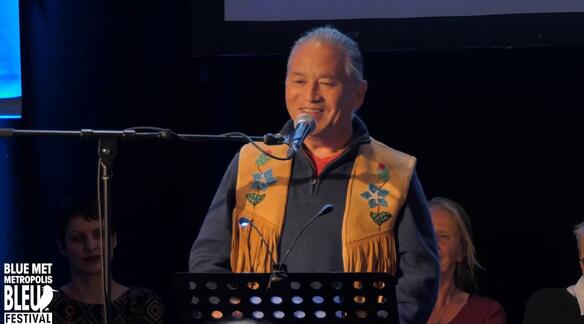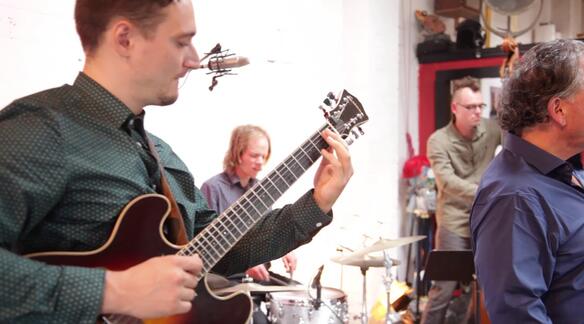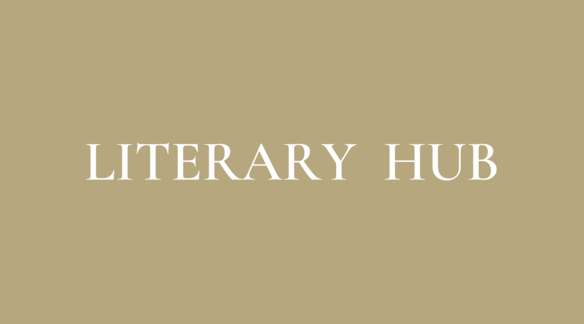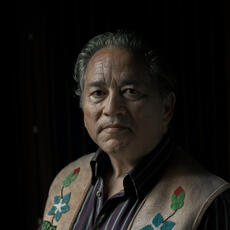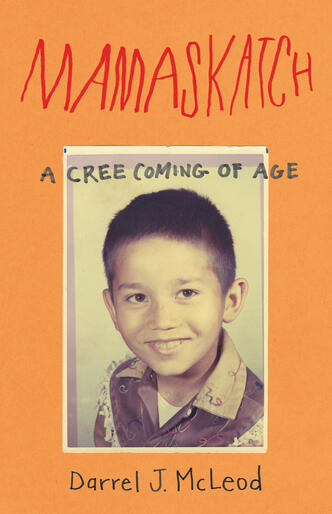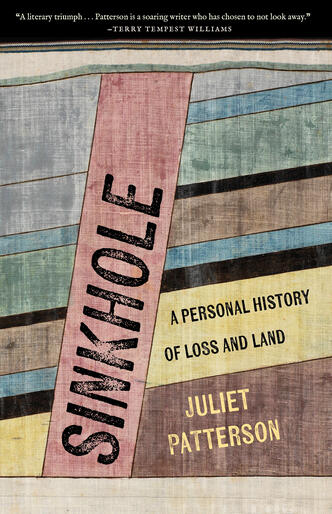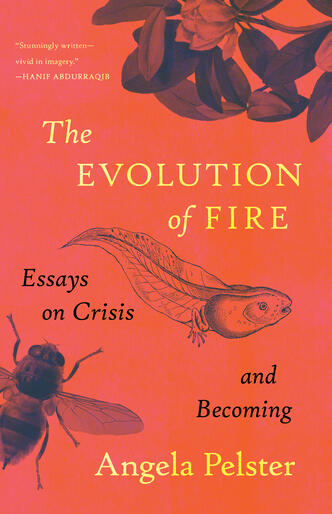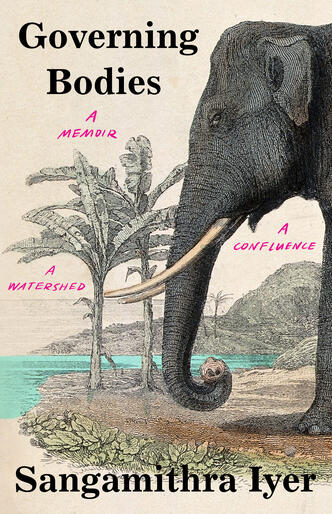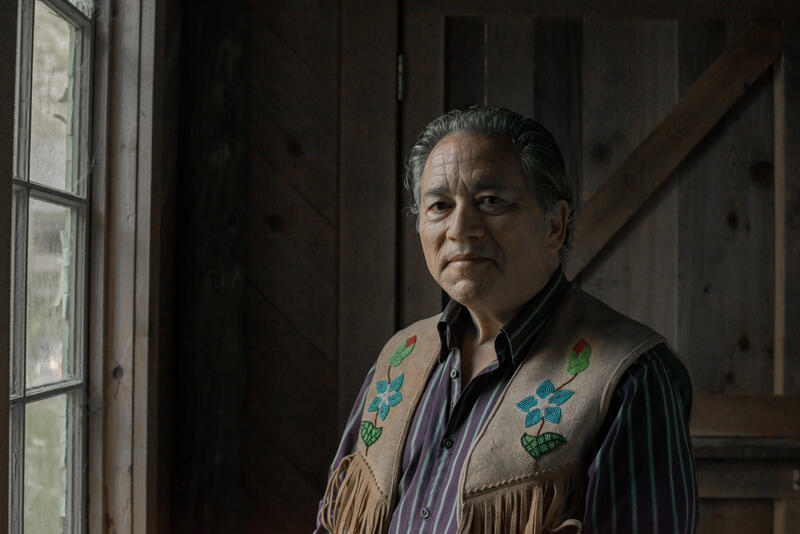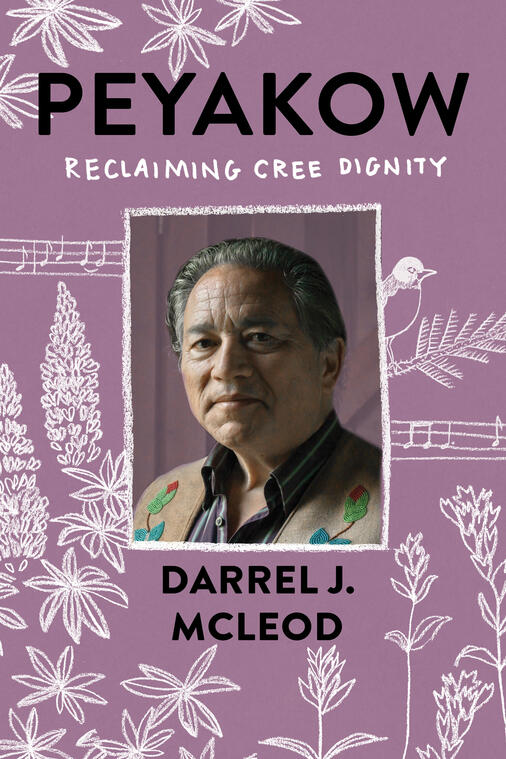
Peyakow
Following his award-winning debut memoir, Mamaskatch, which masterfully portrayed a Cree coming-of-age in rural Canada, Darrel J. McLeod continues the poignant story of his adulthood.
In Mamaskatch, McLeod captured an early childhood full of the stories, scents, and sensations of his great-grandfather’s cabin, as well as the devastating separation from family, ensuing abuse, and eventual loss of his mother that permeated his adolescence. In the equally potent Peyakow, McLeod follows a young man through many seasons of his life, navigating an ever-turbulent personal and political landscape filled with loss, love, addiction, and perseverance.
Guided internally by his deep connection to his late grandfather, in a constant quest for happiness, McLeod strives to improve his own life as well as the lives of Indigenous peoples in Canada and beyond. This leads him to a multifaceted career and life as a school principal, chief treaty negotiator, executive director of education and international affairs, representative of an Indigenous delegation to the United Nations in Geneva, jazz musician, and, today, celebrated author.
Weaving together the past and the present through powerful, linked chapters, McLeod confronts how both the personal traumas of his youth and the historical traumas of his ancestral line impact the trajectory of his life. With unwavering and heart-wrenching honesty, Peyakow—Cree for “one who walks alone”—recounts how one man carries the spirit of his family through the lifelong process of healing.
